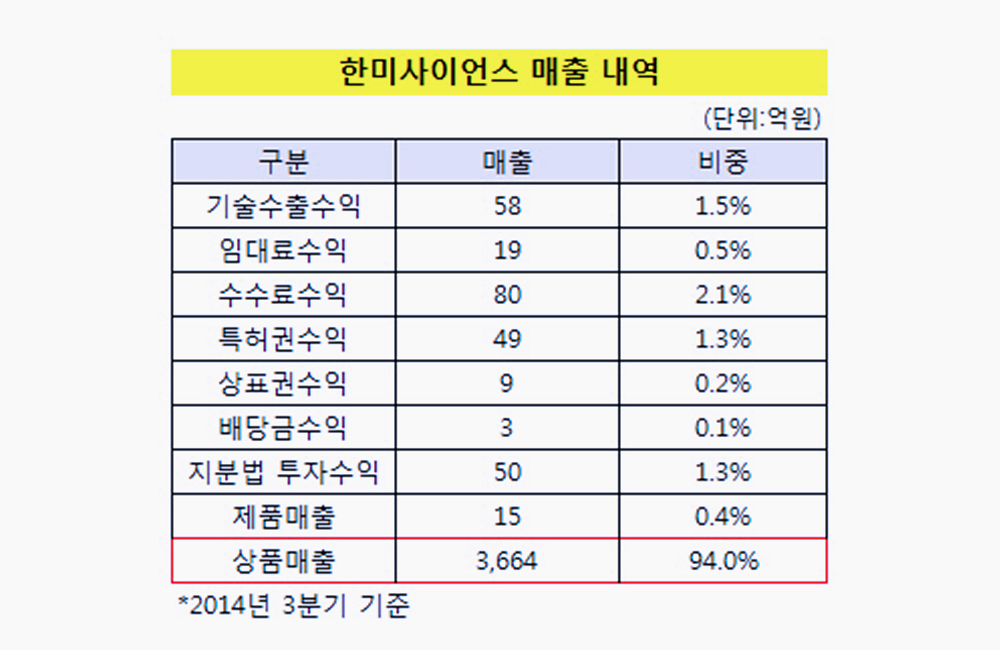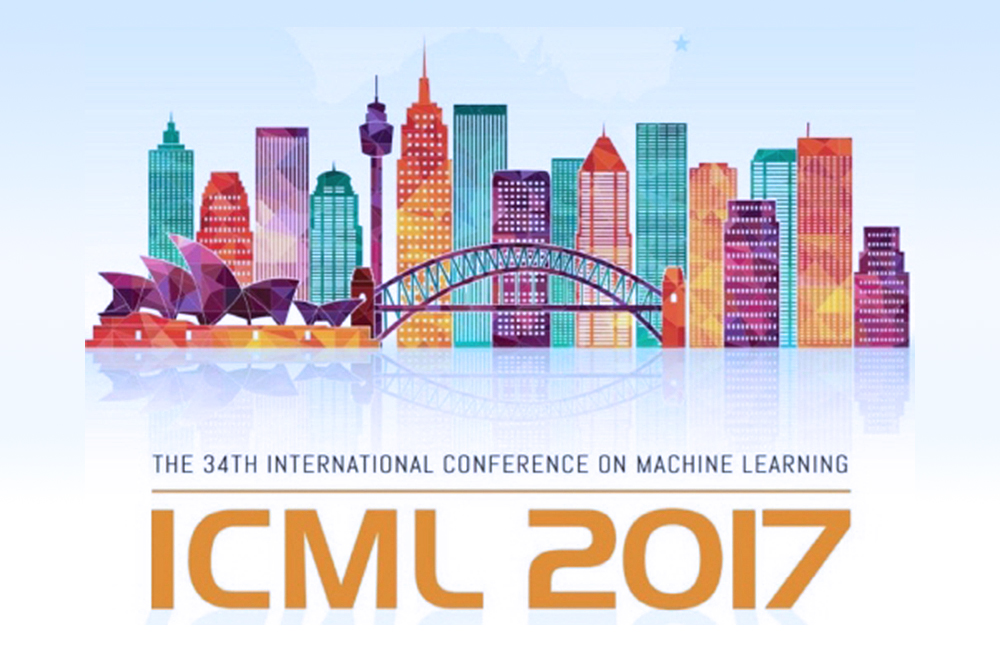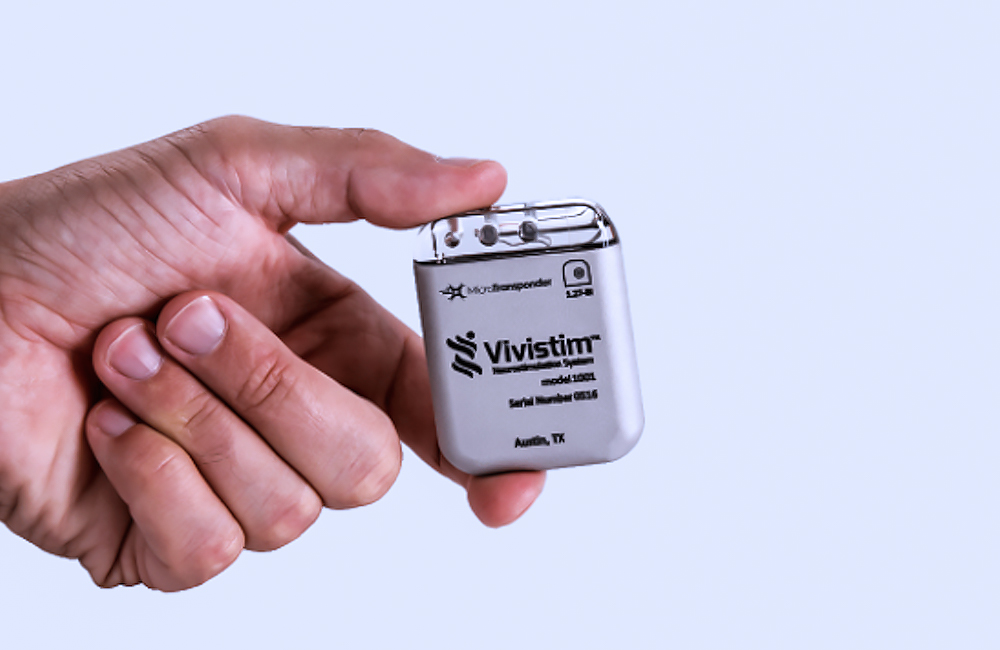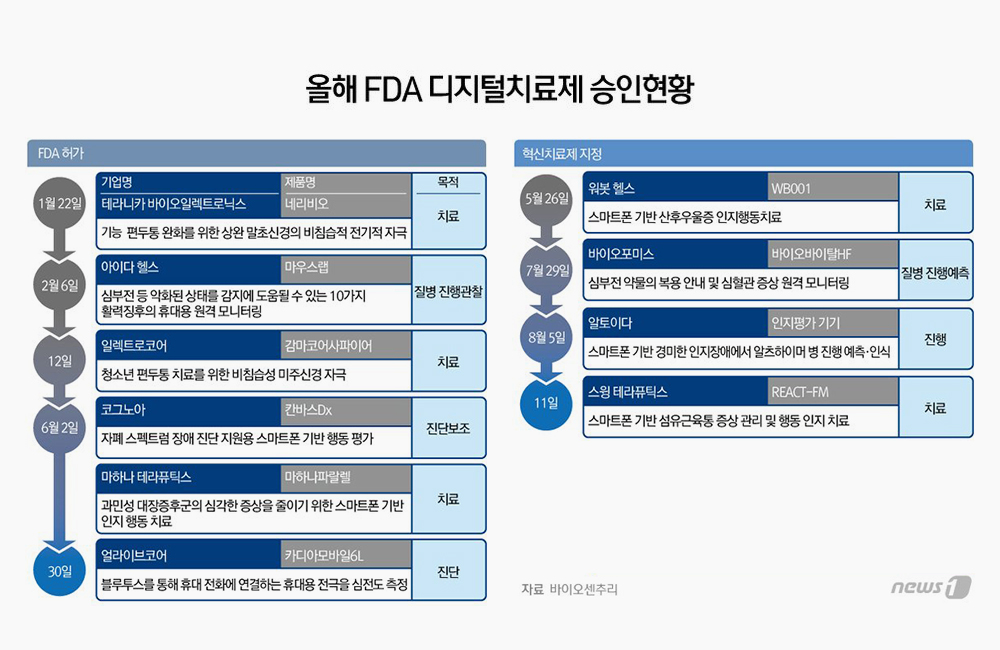Health
technology is recording tremendous gains as artificial intelligence models find
their way into the industry — that’s according to new research published today
in the journal Science.
AI-assisted
medical devices are making progress in assessing and diagnosing diseases such
as cancer, said James Zou, an Assistant Professor of Biomedical Data Science at
Stanford University. These devices are also becoming more accurate at
predicting a patient’s race in assessments of medical scans, such as X-rays and
cardiac ultrasounds — that matters for tracking bias in the algorithms.
“Although
race variables are not a generally meaningful category in medicine,” Zou
explained, “the ability of AI to predict race variables from medical images
could be useful for monitoring health care disparity and ensuring that
algorithms work well across diverse populations.”
The
discovery comes at a time of growing possibilities of AI for the medical
industry. The technology is touted to lead the next era of computing and could
make a radical impact on manufacturing, finance, medicine, and other industries
that rely on automation.
The
new research underscores the success of Google’s Med-PaLM, a conversational
chatbot for medicine queries launched in 2022. Powered by a large language
model similar to that powering Google’s Bard AI, the system can produce
high-quality and authoritative answers to health questions. The chatbot easily
passed the minimum pass mark of 60% for US medical licensing exams. Med-PaLM’s
67.2% score last year is much higher than other tests carried out by several
other language models over the last three years. And in a new update released
in April, Med-PaLM surpassed 85%.
“These
questions have long been considered a grand challenge for AI systems [since]
they require a clinician to recall medical knowledge and apply logic to
identify the correct answers,” said Alan Karthikesalingam, Research Lead on
Google Health, in a recent statement.
Google
has also started testing the new technology with medical customers in
partnership with Mayo Clinic, as the Wall Street Journal recently reported.
But
as generative and other AI models make their way into healthcare, it is fueling
calls for a “universal ethical framework” underpinning the new technologies.
“Developments
that many thought were science fiction only a few years ago are here with us
already and are poised to change the very essence of what it means to be
human,” Gabriela Ramos, an assistant director of social and human sciences at
the United Nations Scientific and Cultural Organisation (UNESCO) wrote in a
recent report warning about advancements in AI-driven neurotechnology.
“We
are not against neurotechnology… but we need a globally coordinated approach to
regulation,” Ramos wrote.









